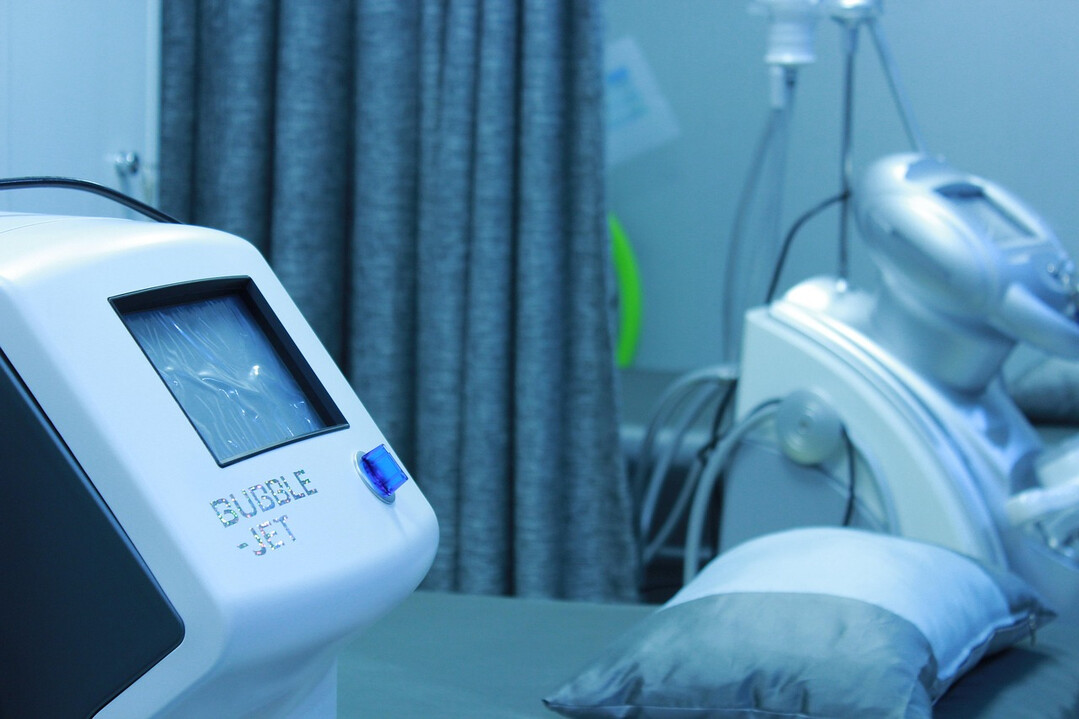
SEOUL – The South Korean government is pushing a major overhaul of its organ donation and transplantation system, announcing a five-year plan that includes allowing organ procurement from patients who die of cardiac arrest following the withdrawal of life-sustaining treatment. The move is aimed at boosting the nation’s dwindling organ supply, which currently fails to meet a rising demand that leaves an average of 8.5 people dying daily while waiting for a transplant.
On October 16, the Ministry of Health and Welfare (MOHW) unveiled its "1st Comprehensive Plan for Organ and Tissue Donation and Transplantation (2026-2030)." The plan, established following the 2023 revision of the Organ Transplantation Act, focuses on expanding the donor pool and stabilizing the human tissue supply chain, which is currently over 80% reliant on foreign donors.
Introducing Organ Donation After Circulatory Death (DCD)
The most significant change is the proposed introduction of the Donation after Circulatory Death (DCD) system. Currently, organ donation in South Korea is almost exclusively limited to individuals declared brain dead (Donation after Brain Death, DBD). However, the number of brain-dead donors has fallen from 483 in 2023 to 397 in 2024, while the waiting list for transplants has surged from 43,182 in 2020 to 54,789 last year.
Under the planned DCD system, patients who have provided advance consent for both the withdrawal of life-sustaining treatment and organ donation will be eligible. After life support is withdrawn and cardiac arrest occurs, doctors will wait five minutes for complete circulatory cessation before retrieving organs. The MOHW noted that in many foreign countries, DCD accounts for nearly half of all non-living organ donations.
However, the plan still requires revisions to the Organ Transplantation Act and the Hospice and Palliative Care and Decisions on Life-Sustaining Treatment Act, with relevant amendments already introduced in the National Assembly. Critically, the MOHW's plan does not include any measures to relax the current requirement for family consent. This means that even with the patient's prior consent, the donation will not proceed if the family objects.
Stabilizing the Tissue Supply and Expanding Registration
Beyond organ donation, the comprehensive plan addresses the critical shortage in human tissue (bone, cartilage, fascia, skin, etc.) needed for burn treatment, cancer reconstruction, and trauma care. Domestic tissue donors number only around 150 annually, forcing the country to import over 80% of its supply. The MOHW will restructure the "Human Tissue Bank Support System" to actively promote and stabilize the domestic supply chain.
Furthermore, the government aims to dramatically expand access to organ donation registration. Currently led mainly by private organizations, the registration process will be extended to public entities, including the National Health Insurance Service and ID card issuing agencies. The number of registration sites is slated to nearly double to over 904 by 2030.
This initiative comes as the number of registered organ donors stagnates at 1,838,530 as of the end of last year—a mere 3.5% of the total population. With the average wait for an organ transplant currently at four years, and kidney transplants requiring an average of seven years and nine months, the successful implementation of the DCD system and the expanded registration network is crucial to saving thousands of lives. The government is banking on these reforms to significantly bridge the gap between organ supply and urgent demand.
[Copyright (c) Global Economic Times. All Rights Reserved.]




























